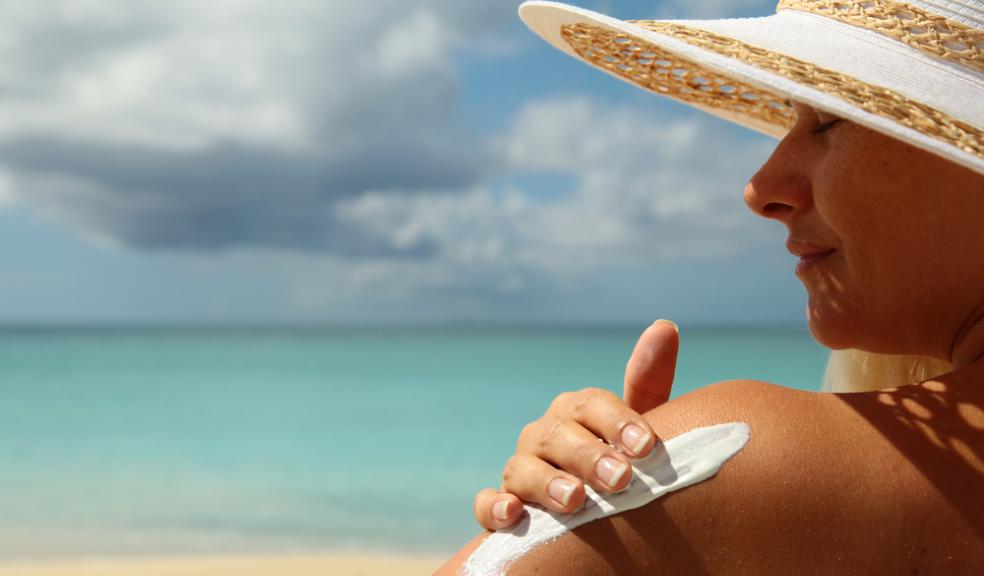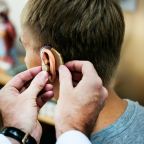
Don't risk your health in pursuit of a tan
PEOPLE in the South West are being urged to enjoy the sun safely this summer, following striking new skin cancer figures released by Cancer Research UK yesterday (Monday).
According to the charity, people over 65 in Great Britain are around seven times more likely to develop malignant melanoma compared to 40 years ago.
The most recent figures show that on average around 5,700 pensioners are now diagnosed with melanoma each year compared with just 600 in the mid 1970s.
While age is one of the biggest risk factors for melanoma, the huge increase in pensioners being diagnosed with the disease is likely to be linked to the cheap package holiday boom dating from the 1960s and the desirability of having a tanned appearance even at the expense of painful sunburn.
This trend continues with today’s generations risking their health in pursuit of a tan.
Every week in the South West 30 people are diagnosed with malignant melanoma and around five people die from the disease. It is the fifth most common cancer overall in the UK and the second most common cancer in young adults (aged 15-34).
Cancer Research UK and NIVEA SUN are working in partnership to encourage people to enjoy the sun safely this summer. The partnership offers simple advice that people can follow to make sure they have a great summer while protecting their skin.
Helen Johnstone, Cancer Research UK’s spokesperson for the South West, said: “Many cases of malignant melanoma, the most serious form of skin cancer, are preventable by taking precautions in the sun and making sure you don’t burn. That’s why we’ve joined forces with NIVEA SUN to raise vital awareness of how to enjoy the sun safely.
“Sun damage accumulates over time so avoiding sunburn – and sunbeds - is key as well as getting to know your skin type so you don’t overdo it on the beach or even in the garden.
“You can burn at home just as easily as you can on holiday, so remember to spend time in the shade, wear a T shirt and a hat to protect your skin and regularly apply sunscreen that is at least Factor 15 and has four or more stars. Swapping bad sun habits for good ones could save your life.”
Getting sunburnt just once every two years can triple your risk of developing malignant melanoma and even reddening of the skin is a sign of damage.
Cancer Research UK skin cancer expert, Professor Richard Marais, said: "It's worrying to see melanoma rates increasing at such a fast pace, and across all age groups. It's very important for people to take care of their skin in the sun. It's also important for them to keep an eye on their skin and seek medical opinion if they see any changes to their moles, or even to normal areas of skin. Melanoma is often detected on men's backs and women's legs but can appear on any part of the body."
Top Tips from Cancer Research UK and NIVEA SUN on protecting your skin this summer:
- Spend time in the shade if your shadow is shorter than you. If your shadow is shorter than you are, then the sun is strong. During the UK summer, the sun is at its strongest between 11am and 3pm.
- Wear a hat, t-shirt and sunglasses when the sun is strong. Wide brimmed hats or foreign legion style caps are best.
- Cancer Research UK recommends you use at least factor 15 sunscreen with a high star rating when the sun is strong. Apply sunscreen generously and regularly to make sure you get the level of protection on the bottle.
Pardeep Dhillon at NIVEA SUN said: “We’re incredibly proud to be supporting Cancer Research UK again this year. We all need a bit of sun to keep us healthy, but the important thing is to enjoy it responsibly and safely.”











